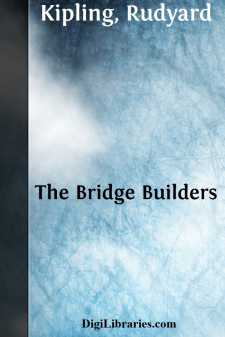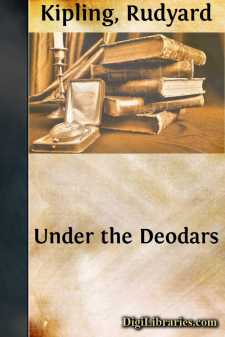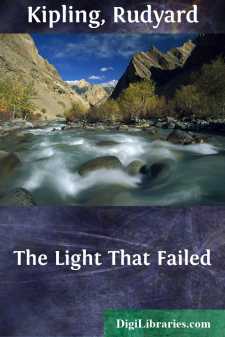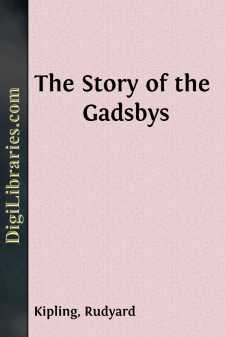Categories
- Antiques & Collectibles 13
- Architecture 36
- Art 48
- Bibles 22
- Biography & Autobiography 815
- Body, Mind & Spirit 144
- Business & Economics 28
- Children's Books 18
- Children's Fiction 14
- Computers 4
- Cooking 94
- Crafts & Hobbies 4
- Drama 346
- Education 58
- Family & Relationships 59
- Fiction 11834
- Games 19
- Gardening 17
- Health & Fitness 34
- History 1378
- House & Home 1
- Humor 147
- Juvenile Fiction 1873
- Juvenile Nonfiction 202
- Language Arts & Disciplines 89
- Law 16
- Literary Collections 686
- Literary Criticism 179
- Mathematics 13
- Medical 41
- Music 40
- Nature 179
- Non-Classifiable 1768
- Performing Arts 7
- Periodicals 1453
- Philosophy 65
- Photography 2
- Poetry 896
- Political Science 203
- Psychology 44
- Reference 154
- Religion 515
- Science 126
- Self-Help 85
- Social Science 82
- Sports & Recreation 34
- Study Aids 3
- Technology & Engineering 59
- Transportation 23
- Travel 463
- True Crime 29
Our website is made possible by displaying online advertisements to our visitors.
Please consider supporting us by disabling your ad blocker.
The Bridge Builders
by: Rudyard Kipling
Categories:
Description:
Excerpt
The least that Findlayson, of the Public Works Department, expected was a C.I.E.; he dreamed of a C.S.I. Indeed, his friends told him that he deserved more. For three years he had endured heat and cold, disappointment, discomfort, danger, and disease, with responsibility almost to top-heavy for one pair of shoulders; and day by day, through that time, the great Kashi Bridge over the Ganges had grown under his charge. Now, in less than three months, if all went well, his Excellency the Viceroy would open the bridge in state, an archbishop would bless it, and the first trainload of soldiers would come over it, and there would be speeches.
Findlayson, C. E., sat in his trolley on a construction line that ran along one of the main revetments—the huge stone-faced banks that flared away north and south for three miles on either side of the river and permitted himself to think of the end. With its approaches, his work was one mile and three-quarters in length; a lattice-girder bridge, trussed with the Findlayson truss standing on seven-and-twenty brick piers. Each one of those piers was twenty-four feet in diameter, capped with red Agra stone and sunk eighty feet below the shifting sand of the Ganges' bed. Above them was a railway-line fifteen feet broad; above that, again, a cart-road of eighteen feet, flanked with footpaths. At either end rose towers, of red brick, loopholed for musketry and pierced for big guns, and the ramp of the road was being pushed forward to their haunches. The raw earth-ends were crawling and alive with hundreds upon hundreds of tiny asses climbing out of the yawning borrow-pit below with sackfuls of stuff; and the hot afternoon air was filled with the noise of hooves, the rattle of the drivers' sticks, and the swish and roll-down of the dirt. The river was very low, and on the dazzling white sand between the three centre piers stood squat cribs of railway-sleepers, filled within and daubed without with mud, to support the last of the girders as those were riveted up. In the little deep water left by the drought, an overhead crane travelled to and fro along its spile-pier, jerking sections of iron into place, snorting and backing and grunting as an elephant grunts in the timberyard. Riveters by the hundred swarmed about the lattice side-work and the iron roof of the railway line hung from invisible staging under the bellies of the girders, clustered round the throats of the piers, and rode on the overhang of the footpath-stanchions; their fire-pots and the spurts of flame that answered each hammer-stroke showing no more than pale yellow in the sun's glare. East and west and north and south the construction-trains rattled and shrieked up and down the embankments, the piled trucks of brown and white stone banging behind them till the side-boards were unpinned, and with a roar and a grumble a few thousand tons' more material were flung out to hold the river in place.
Findlayson, C. E., turned on his trolley and looked over the face of the country that he had changed for seven miles around. Looked back on the humming village of five thousand work-men; up stream and down, along the vista of spurs and sand; across the river to the far piers, lessening in the haze; overhead to the guard-towers—and only he knew how strong those were—and with a sigh of contentment saw that his work was good. There stood his bridge before him in the sunlight, lacking only a few weeks' work on the girders of the three middle piers—his bridge, raw and ugly as original sin, but pukka—permanent—to endure when all memory of the builder, yea, even of the splendid Findlayson truss, has perished....












